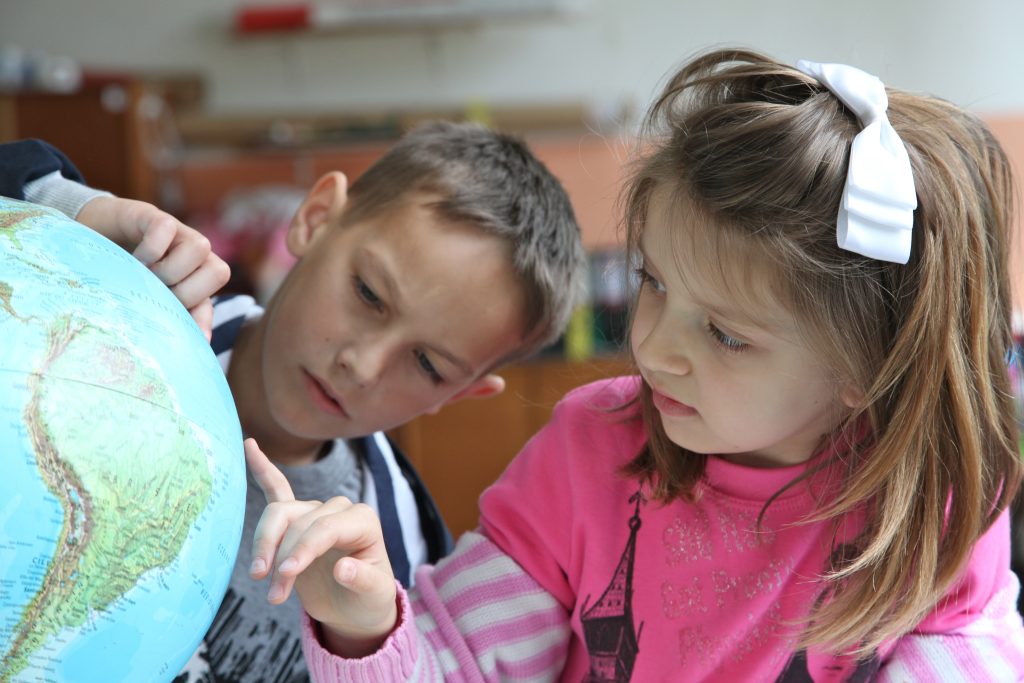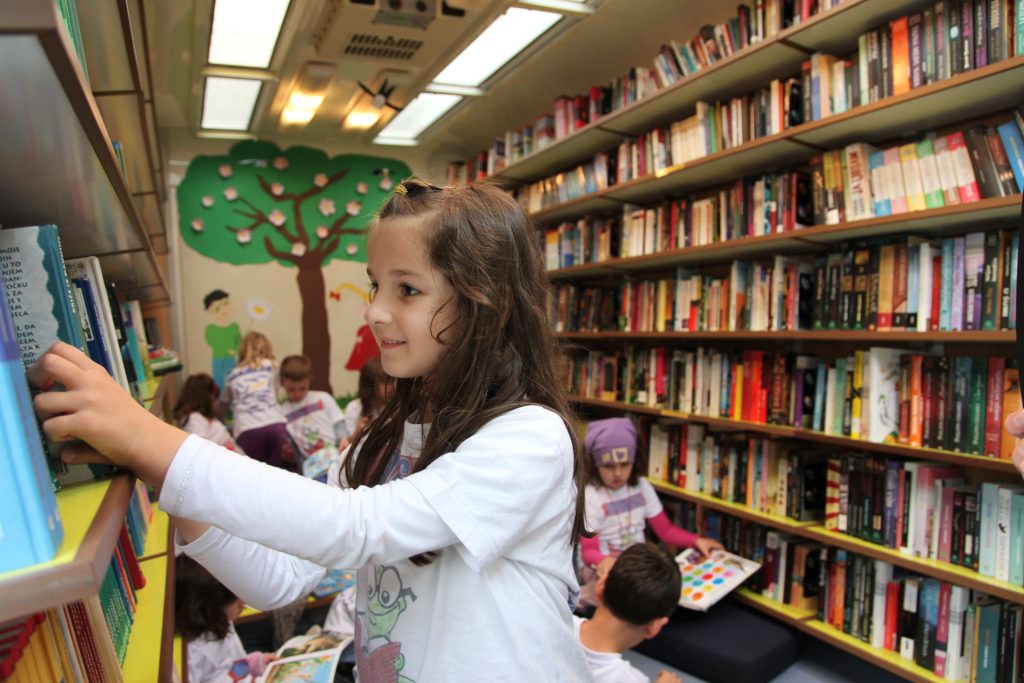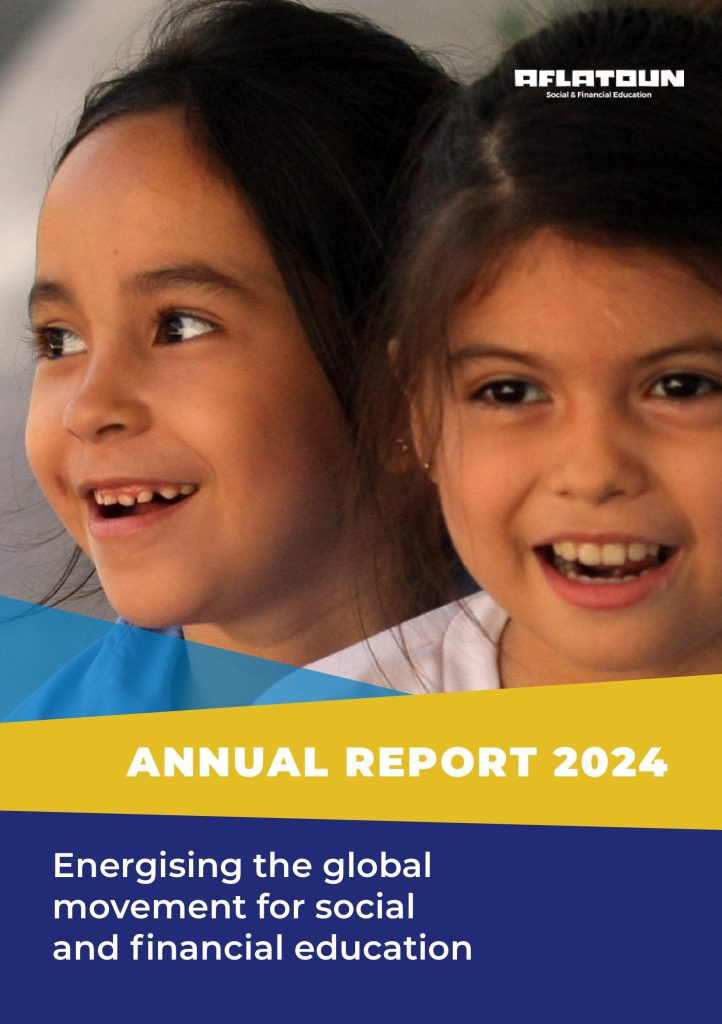Financial Education and Life Skills in Macedonia: An assessment of the National Integration process
In 2007, the Macedonian Government decided to introduce compulsory nine-year primary education and to review all primary education curricula. Within this process, the national education system recognized the importance of fostering social responsibility and financial management skills among all children.
Therefore, the process of integrating Social and Financial Education in the country started in 2009 through a partnership between Aflatoun International and the Center for Human Rights and Conflict Resolution (CHRCR).
Recently, Aflatoun asked CHRCR to conudct qualitative research to understand the conditions that facilitated this integration and assess the contributions of Aflatoun International and its partners.
The research focused on identifying key stakeholders involved in incorporating life skills and financial education into Macedonia’s curriculum, gathering feedback from pilot schools, highlighting best practices, identifying challenges, and providing recommendations for future steps.
The National Integration Process
The implementation of the curriculum and development of teaching materials began with the belief that all children, regardless of their background or abilities, need skills that empower them to apply their knowledge in ways that promote healthy behaviors and avoid harmful ones. Unlike other approaches that merely impart knowledge, life skills education equips children with the attitudes and abilities necessary to actively choose and practice healthy behaviors, rather than just learning about them.

The implementation of life skills education began in 2009 with the goal of equipping children with the knowledge, attitudes, and skills needed to navigate real-life challenges, make informed choices, and adopt healthy behaviors. This initiative was introduced as a subject in primary and secondary education.
From November 2014 to July 2015, Macedonia’s Bureau for the Development of Education, in collaboration with the Centre for Human Rights and Conflict Resolution and the Institute of Social Sciences and Humanities Skopje, undertook the project “Including Child Social and Financial Education in the Life Skills Curriculum for Primary Education in Macedonia.” The project aimed to integrate the social and financial education curriculum into the national education system.
The main objectives of the project were:
-
Introducing SFE in the life skills curriculum for primary education
-
Developing teaccher materials for SFE as part of the Life Skills curriculum in primary education
-
Implementing curricular and extracurricular activities in pilot schools
-
Evaluating the pilot and proposing recommendations for scaling up
The Results of National Integration in Macedonia
Research shows that life skills education has a positive impact, with the curriculum being successfully implemented overall. It is the only subject specifically designed to equip children with essential life skills, helping them navigate everyday challenges. The curriculum also introduces a new teaching methodology, which revitalizes the nurturing role of teachers and encourages them to apply this approach across all subjects. Additionally, the curriculum fosters multiculturalism and respect for cultural and ethnic differences.
The ultimate goal is to empower children and adolescents socially and economically, encouraging them to lead responsible lives and become agents of change.

Experiences of integrating Social and Financial Education at the national level

Life Skills Education (LSE) stands out as the only subject where students actively acquire practical life skills, in contrast to other subjects that are primarily academic and taught using traditional, lecture-based methods. Teachers report that LSE has significantly aided students in navigating and responding effectively to various situations.
A key component of the LSE curriculum is its emphasis on promoting multiculturalism and respect for cultural and ethnic differences, contributing to the development of well-rounded individuals. Overall, LSE has a positive impact on students’ personal, emotional, and social growth, enhancing their psychosocial skills and ability to handle everyday challenges.
Research data suggests that students gain valuable knowledge and skills through LSE, making it easier for them to overcome daily obstacles.
Research findings indicate that the new teaching methodologies and the structure provided by the Social Education manual make this programme a model for the entire education process, suggesting that life skills should be integrated across all subjects.
Experts note that the nurturing role of teachers had generally been undervalued. However, the new methodology introduced with Social and Financial Education is helping to revive this aspect of teaching. This is evident in the way many teachers are beginning to apply this new approach across all their teaching practices.

The financial education pilot activities have significantly improved students’ financial literacy. In fact, teachers not yet involved in financial education are eager for training, recognizing its value.
The research concludes that Life Skills Education (LSE) and Financial Education (FE) are highly valued for both their content and innovative teaching methods. Their implementation in the formal education system is crucial for both teachers and students, not only because of the programmes’ inherent value but also due to their positive impact on the overall teaching process and shifts in attitudes.
The materials developed ad-hoc, such as manuals and textbooks, have significantly supported teacher training and classroom instruction. The benefits of LSE and FE are recognised by all stakeholders, making a strong case for expanding these programs and integrating them with other school subjects.
In partnership with:













